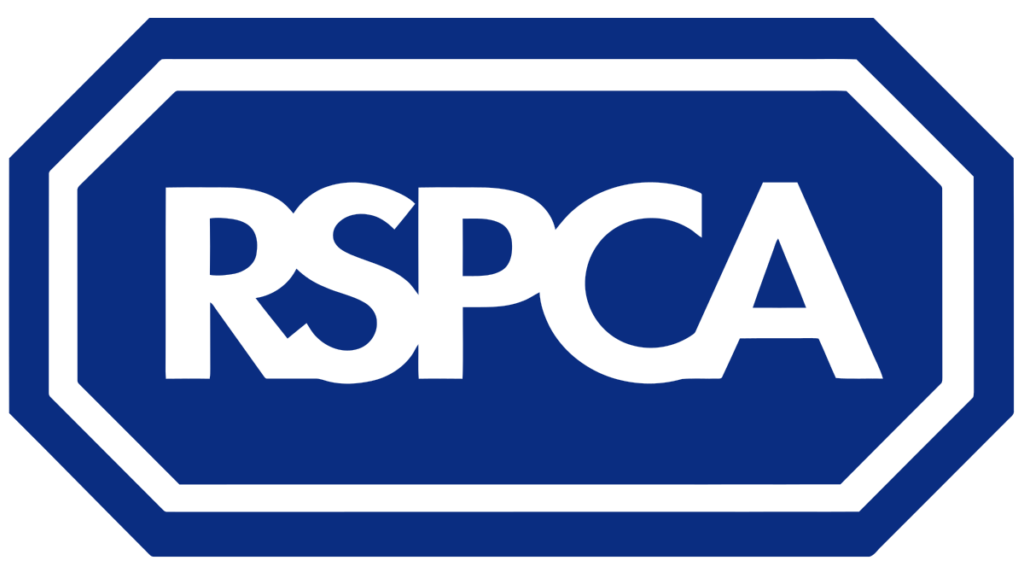Royal Society for the Prevention of Cruelty to Animals (RSPCA)

Credit: Royal Society for the Prevention to Cruelty to Animals (RSPCA)
| Giver: | Registered Organization |
|---|---|
| Receiver: | Other |
| Gift: | Other, Voice/Advocacy |
| Approach: | Philanthropy |
| Issues: | 15. Life on Land, 16. Peace, Justice and Strong Institutions |
| Included in: | Kindness and Generosity |
Founded in London in 1824, the Royal Society for the Prevention of Cruelty to Animals (RSPCA) is the oldest and largest animal welfare organization in the world, and widely credited with launching the modern animal welfare movement. Funded primarily by individual donors and legacies, the RSPCA seeks to ensure that all animals – including pets, wildlife, farm animals and research animals – have a good life. In addition to rescuing, rehabilitating and rehoming or releasing animals across England and Wales, the organization promotes animal welfare globally through its activities across Europe, Asia and Africa.
Beyond its fundamental commitment to alleviate animal suffering, the RSPCA is guided by its belief that “a society that treats animals with kindness and respect is a fair society that will also protect its most vulnerable people.”
In early 19th century England, a nascent animal welfare movement achieved its first major milestone in 1822, with the passage of “An Act to Prevent the Cruel and Improper Treatment of Cattle,” a law banning the wanton abuse of horses, cows and sheep. Popularly known as Martin’s Act – after the bill’s sponsor, Irish member of Parliament Richard Martin – the law was narrowly limited with regard to the species it protected and types of treatment it proscribed. Still, as the first animal protection legislation to be enacted anywhere in the world, it was a watershed in the legal representation of animals as sentient beings.
The RSPCA (originally the Society for the Prevention of Cruelty to Animals) was formally established in 1824 when a group of Martin’s Act supporters – including Reverend Arthur Broome, Martin himself, abolitionist William Wilberforce, and several other MPs, clergymen, lawyers and journalists – gathered at Old Slaughter’s Coffee House in central London to discuss strategies for enforcing the law and rallying public opinion to the cause of animal protection.
From its inception, the RSPCA campaigned to abolish bear and bull baiting, ban cruelty to domestic animals and introduce more humane practices to slaughterhouses. Also embracing education as a core element of its mission, the organization sought to inculcate an ethic of kindness to animals through church sermons, school curricula, essay contests and other modes of engagement. In 1840 the organization acquired its Royal designation at the behest of Queen Victoria, who had become a staunch supporter. With its distinguished patronage and its emphasis on kindness to animals as emblematic of a civilized society, the RSPCA soon became one of the most influential voluntary organizations in Britain, inspiring the formation of sister organizations across Europe and in the U.S.
Two centuries later, the RSPCA continues to modernize and hone its strategies to meet the latest challenges for animal welfare – including climate change, industrial farming, loss of habitat, cost-of-living pressures for pet owners and more. Still, the organization remains true to the key pillars of its work: rescuing animals in need; preventing abuse and neglect; and advocating for attitudes, behaviors and policies that bring about “a world where all animals are respected and treated with compassion.”
Contributor: Erin Brown
| Source type | Full citation | Link (DOI or URL) |
|---|---|---|
| Book |
Brown, Antony. Who Cares for Animals? 150 Years of the RSPCA. London: Heinemann, 1974. |
9780434901890 |
| Publication |
Kreilkamp, Ivan. “The Ass Got a Verdict: Martin’s Act and the Founding of the Society for the Prevention of Cruelty to Animals, 1822.” BRANCH: Britain, Representation and Nineteenth-Century History, edited by Dino Franco Felluga. Extension of Romanticism and Victorianism on the Net. |
https://branchcollective.org/?ps_articles=ivan-kreilkamp-the-ass-got-a-verdict-martins-act-and-the-founding-of-the-society-for-the-prevention-of-cruelty-to-animals-1822 |
| Publication |
Harrison, Brian. “Animals and the State in Nineteenth-Century England.” The English Historical Review 88, no. 349 (1973): 786–820. |
http://www.jstor.org/stable/562935 |
| Publication |
Traïni, Christophe. “A Long and Complex Struggle.” In The Animal Rights Struggle: An Essay in Historical Sociology, 11–16. Amsterdam University Press, 2016. |
http://www.jstor.org/stable/j.ctt1jd94gh.4 |
| Website |
Weakley, Kirsty. “Chris Sherwood: ‘We Are Modernising and Refocusing Our 200-Year-Old Charity.’” Civil Society, January 21, 2021. |
https://www.civilsociety.co.uk/news/chris-sherwood-we-are-modernising-and-refocusing-our-200-year-old-charity-to-meet-the-challenges-of-this-rapidly-changing-world.html |